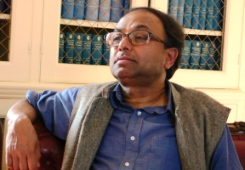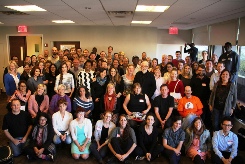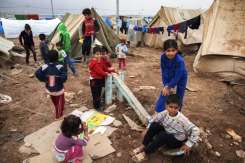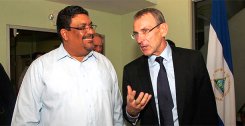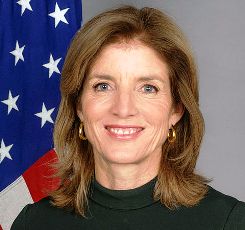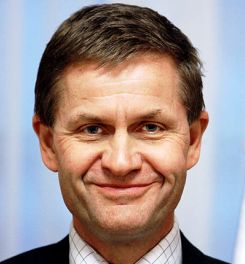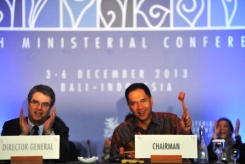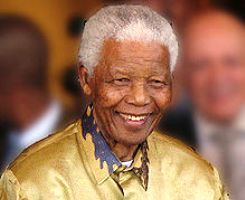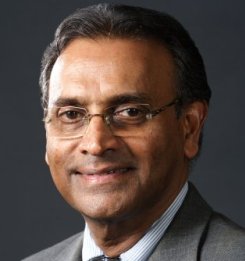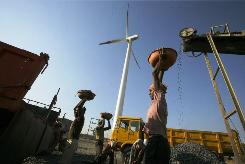By Pranab Bardhan* | IDN-InDepth NewsAnalysis
BERKELEY (IDN |Yale Global) – For quite some time the economic development profession has gone global in a rather grandiose way. Those quick with pronouncements on global development issues get the maximum attention, rise to the top of the profession, and may even get to hobnob with international celebrities and philanthro-capitalists.
The premium has been on finding global patterns in fighting poverty – in promoting comprehensive development strategies meant for a broad range of countries, with the Washington Consensus or alternatively the so-called Beijing Consensus – and pronouncing overarching policy judgments on the hot issues of the day on a global scale, including austerity or stimulus, free trade, capital flows, global inequality, migration, intellectual property rights, the development NGO movement and the like.

